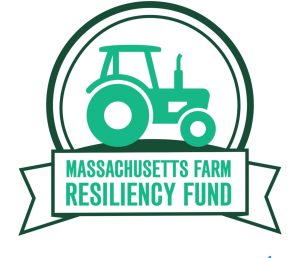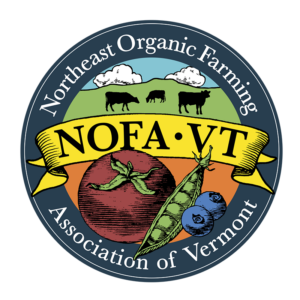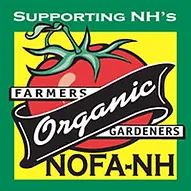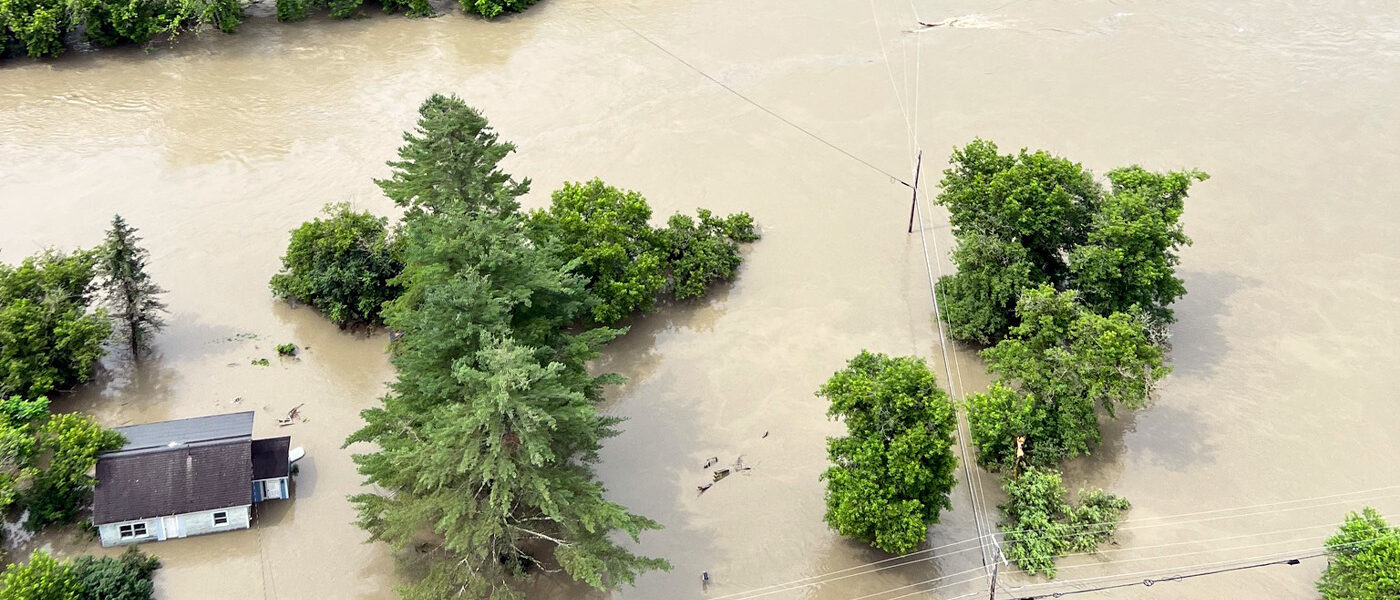Due to massive flooding from storms in July, farmers in Vermont, New York, Connecticut, Massachusetts, Vermont, and New Hampshire lost crops at a crucial time of the season, in many cases eliminating almost an entire year’s income. While it has been just over a month since the storm, farmers are still in recovery, and relief efforts continue to seek funds and resources. Not only are organizations in the region working hard to raise funds to deliver grants directly to farmers in need, these forward-thinking organizations are planning resilience efforts that can support their agricultural communities moving forward. In this post, we’re highlight a few of the organizations working to provide relief funds and resources to impacted farmers.

The Northeast Farmers of Color Network (NEFOC) aims to provide stipends to farmers of color in their network who were impacted by the floods through their Climate Crisis Fund. NEFOC’s fund is committed to supported farmers who don’t always qualify for federal or private assistance programs. With their membership growing across the region, NEFOC seeks to raise enough funds to provide much needed support for farmers throughout their network who are struggling to repair damaged infrastructure and rebuild their businesses. One farmer we spoke with in the network is based in New York and had a contract with the local school system to provide squash this winter. She lost 80% of her crops due to the flooding. She was able to replant lost crops after the unseasonal freezes earlier in the year, but it is simply too late in the season to recover a viable harvest from the flooding that occurred during the July storm.

The Massachusetts Farm Resiliency Fund Fund, in collaboration with the United Way of Central Massachusetts, the Community foundation of Western Massachusetts, the Governor’s Office and CISA is now accepting Round 1 applications from farms with gross sales of $10K or more who have been impacted by July rains and flooding. The deadline to apply for this first round of funding is Friday Aug. 25th, and the application is designed to be simple and quick to fill out.The aim is to distribute the first round of funding by the end of August. The estimated value of damages to agriculture in the state, from freezes earlier in the year which decimated fruit crops and from the flooding in July, is $15M, spanning about 2,000 acres. We spoke with a member of the fund’s Advisory Committee who estimated that100 farmers were impacted. With increases in weather crises, the fund seeks to support farmers through future disasters as well. Thanks to efforts of government officials like Congressman Jim McGovern and other leaders, the fund has been able to secure enough support to launch Round 1 funding.

Also in Massachusetts, Farm Aid grantee Community Involved in Sustaining Agriculture (CISA), has activated their Emergency Farm Fund, which provides zero-interest loans in collaboration with Franklin County CDC. Additionally, they’re partnering with Farm Aid grantee Pasa Sustainable Agriculture, through a USDA grant, to work with 10 to 15 farmers over the next 5 years, providing consultants for climate change mitigation and resilience efforts, and funds for implementation of recommended strategies. CISA is working to raise awareness about the impacts of climate change on the farming community through a Climate Week in September, highlighting farmers’ activities that focus on resilience and mitigation efforts, as an effort to share best practices and increase awareness among consumers.

Northeast Organic Farming Association of Vermont (NOFA VT) seeks to fulfill a $500K fundraising goal to provide 150 farmers in the state with $5,000 grants through their Farmer Emergency Fund. Immediately after the storm, their staff began diligently reaching out to about 30 farmers in the state each week to deeply understand the damage and the needs faced, while also showing up to help with clean up efforts. NOFA VT is distributing their grants within a week of receiving applications from farmers. In Vermont, the season began with unseasonably warm temperatures, and impacts on crops were exacerbated by the late freeze in May, all compounded by poor air quality as a result of wildfires just over the border in Canada. This year’s record-breaking rain is compounding the challenges faced by farmers and they’re expecting just 50% of average crop yields this year. NOFA VT is also providing much needed one-on-one support, helping farmers report losses and work through the tough decision-making processes emerging in the wake of these crises.

Northeast Organic Farming Association of New Hampshire (NOFA NH) seeks to raise $20,000 to support the estimated 50 farmers impacted in the state through their Farmer Relief Fund. NOFA NH is prioritizing the small, diversified farmers in their network who do not qualify for crop insurance. Recognizing that these impacts were compounded by previous years’ weather-related challenges, such as recent years’ droughts, the NOFA NH team understands that the sudden influx of an abundance of rain on the land has led to an increase in pests and other challenges in the field, bringing daily challenges to their farmers, compounded by heat stress. NOFA NH is interested in creating a fund that could last over the long term, as they continue to work to assist farmers in transitioning towards organic, adopting climate resilient strategies such as improving soil health. This is their first time creating a fund like this for farmers in the state, and they are looking to the future as they see their membership, and their organization, on a trajectory towards growth.



